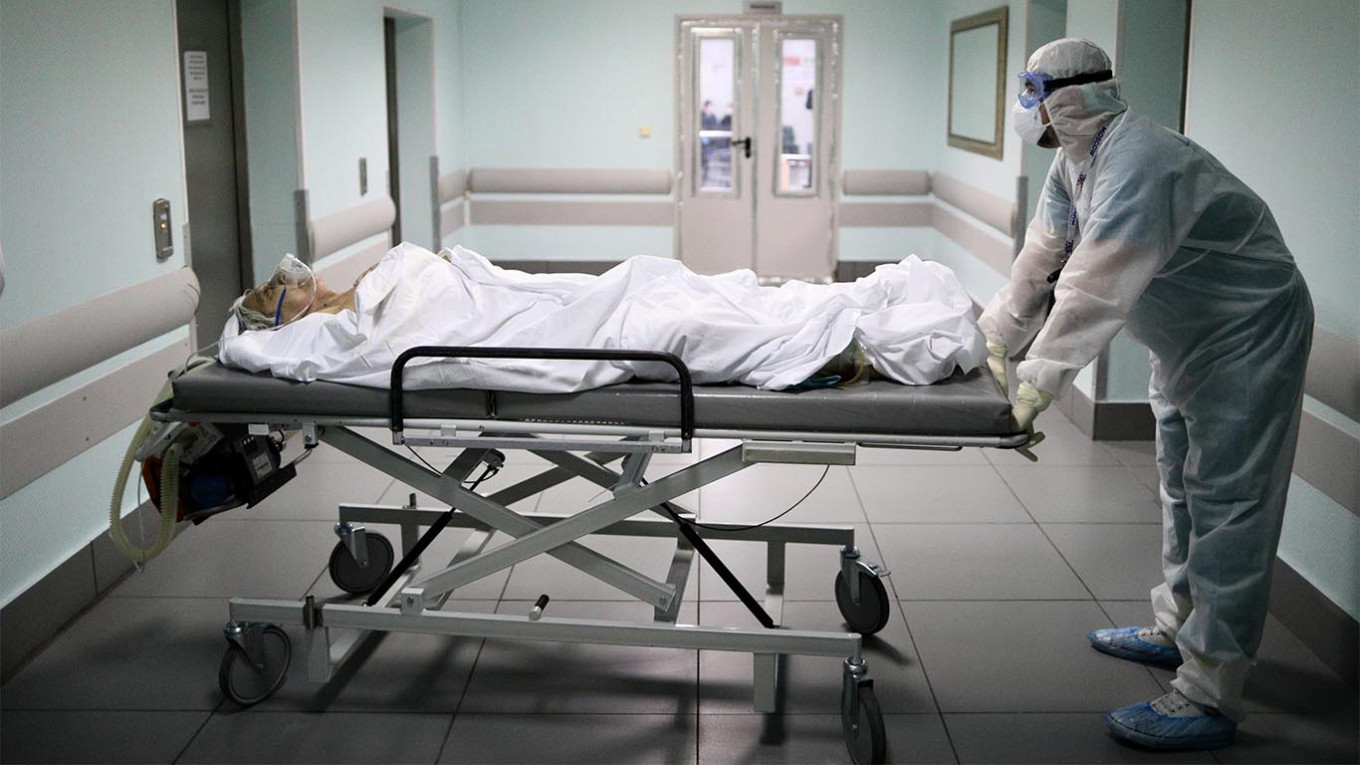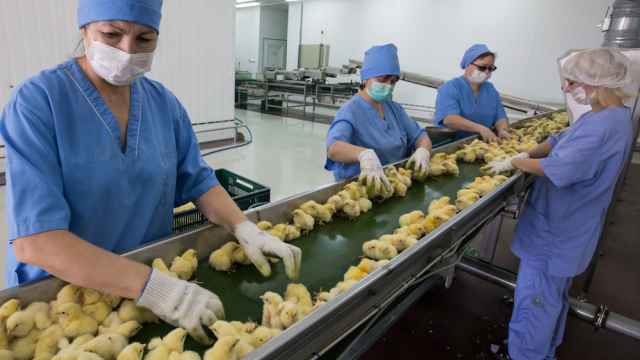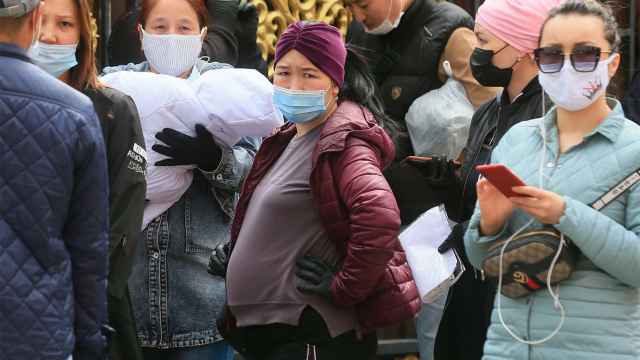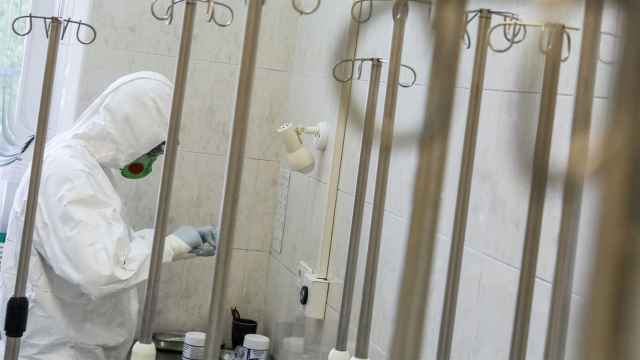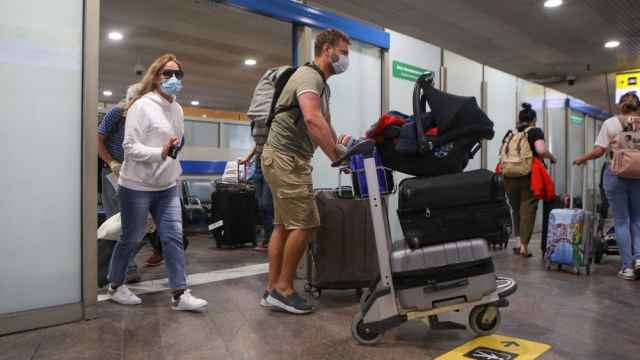More working-age Russians have died in early 2020 than in the early months of 2019, a senior health expert said Tuesday amid questions over Russia’s relatively low coronavirus death toll.
“Over three months in January-March 2019 in Russia, 36,584 working-age people died, while in [the same period of] 2020 it was 37,346,” Interfax quoted the Health Ministry’s chief freelance narcologist Yevgeny Bryun as saying.
Moscow saw a total of 11,846 deaths in April 2020, a nearly 16% spike from 10,005 deaths in April 2019, Bryun said at a press conference.
Preliminary data first published by The Moscow Times showed 18% more fatalities in the Russian capital in April 2020 than its average April mortality total over the past decade, suggesting that Moscow’s excess deaths could be linked to coronavirus. Officials say conclusive data for Russia's April mortalities is expected this Friday.
Bryun attributed the spike in 2020 deaths to alcohol consumption and “primarily drug problems, not just the viral load.”
Russia's health minister recently said that alcohol-related deaths have increased during the coronavirus outbreak as people have been confined to their homes. Experts previously noted a sharp drop in the number of deaths from alcohol poisoning in January 2020 due to Russia experiencing its warmest winter on record.
Moscow, the epicenter of Russia’s coronavirus outbreak, has seen a low mortality rate compared to other major world capitals, with 2,110 deaths out of its 169,303 infections as of Tuesday.
Critics have cast doubt on the numbers, as Russia only counts the deaths of coronavirus-positive patients toward its total if pathologists say the virus played a direct role in their death. Authorities have denied under-reporting Covid-19 deaths and maintained the accuracy of their data keeping.
They have also warned that Covid-19 deaths would dramatically increase in May.
A Message from The Moscow Times:
Dear readers,
We are facing unprecedented challenges. Russia's Prosecutor General's Office has designated The Moscow Times as an "undesirable" organization, criminalizing our work and putting our staff at risk of prosecution. This follows our earlier unjust labeling as a "foreign agent."
These actions are direct attempts to silence independent journalism in Russia. The authorities claim our work "discredits the decisions of the Russian leadership." We see things differently: we strive to provide accurate, unbiased reporting on Russia.
We, the journalists of The Moscow Times, refuse to be silenced. But to continue our work, we need your help.
Your support, no matter how small, makes a world of difference. If you can, please support us monthly starting from just $2. It's quick to set up, and every contribution makes a significant impact.
By supporting The Moscow Times, you're defending open, independent journalism in the face of repression. Thank you for standing with us.
Remind me later.


